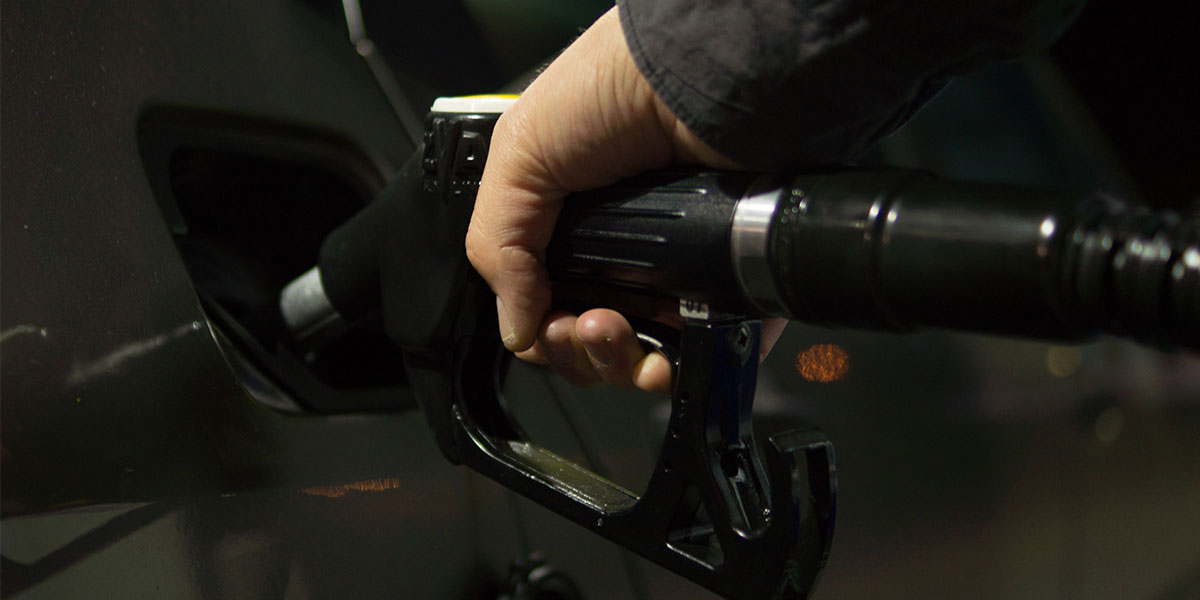Diesel cars have fallen out of fashion. Once lauded for their lower CO2 emissions, lower road tax, and better fuel economy – diesel cars have an average of 20% better fuel economy than petrol vehicles – diesel cars comprised only 37.6% of total vehicles on Britain’s roads in 2020.
So, what’s the reason for this decline in popularity, and is a diesel car worth buying? This article considers the facts.
Why are diesel cars losing popularity?
In March 2021, the European Court of Justice ruled that the UK had failed to tackle air pollution in any systematic way. The Court has imposed a fine on the UK government, which has, in turn, responded with actions like the 2030 petrol ban.
From 2030, the Government’s petrol and diesel ban comes into place, meaning that any new vehicle powered by either petrol or diesel won’t be sold in the UK. After 2035, any new vehicle sold will need to be electric. Second-hand vehicles won’t be affected by the ban and will continue to be sold in showrooms.
Diesel engines are amongst the most polluting on the roads as a result of what’s called a DPF or Diesel Particulate Filter. This is inside the exhaust system and gets easily blocked when a diesel car is limited to short journeys, because the car remains too cool to burn off its particulates. It’s blocked DPFs that cause diesel cars to be incredibly polluting – and it’s not helped by the fact that DPFs are expensive to clean and to replace.
Are diesel cars worth buying?
Whether or not a diesel car is worth buying is entirely dependent on what kind of driver you are. Diesel cars still have a far better fuel economy than either petrol or hybrid models, provided you travel a high annual mileage (over 15,000 a year as an average) or regularly drive on motorways.
If your journeys are typically short, low-speed, or start-stop – for example, if you travel around urban centres frequently – then a diesel car is a less ideal vehicle. Your DPF is more likely to get blocked, which may mean an expensive repair job for you. You’re also more likely to be polluting with a diesel driven at lower speeds than either a petrol or hybrid.
If you do have a diesel car and drive for short distances at low speeds, then you should aim to make a long drive (over 40 miles, on a motorway) once a month to avoid the risk of your DPF blocking.
That said, because there’s a slump in interest for diesel cars, you can get some fantastic deals on new and second-hand models. These discounts are so significant that they may even offset the higher tax rate you’ll pay on a diesel model. Just ensure that you receive a full service history for any diesel model you’re considering – if the previous owner used the car for start-stop, low-speed journeys, then the DPF may need replacing, which will cost you a serious amount of money.
Will diesel cars be banned in the UK?
There is a risk that diesel vehicles will be banned in city and town centres in the coming years.
London already has the Ultra Low Emissions Zone (ULEZ) in place, which costs diesel cars registered before September 2015 and petrol cars registered before 2006 an extra £12.50 a day on top of the Congestion Charge. Further city and town centres such as Leeds, Oxford, Birmingham, and Greater Manchester, have plans to implement similar policies in the future.
Should you buy a diesel car in 2022?
Whether the purchase of a diesel car in 2022 is a good idea depends on your driving habits. If you have a high annual mileage and regularly travel at speed (that is, on motorways), then a diesel car will have an advantageous fuel economy. If you’re shopping around for a diesel vehicle, you’ll find great deals available as a result of their slump in popularity.
However, if you predominantly drive in city centres, take start-stop journeys, and have a lower average mileage, then a diesel car is likely not the best idea.
If you have concerns about whether a diesel car is right for you, you can contact My Car Credit’s team of specialists today. They can help you find a car loan quote for your diesel vehicle (or alternative fuel) and answer any questions that you may have.
Rates from 9.9% APR. Representative APR 10.9%
Evolution Funding Ltd T/A My Car Credit
Require more help?
Got a question you can’t find the answer to, or need some advice and guidance around taking out car finance? Our Car Credit Specialists are friendly, experienced, and here to help so get in touch today!



